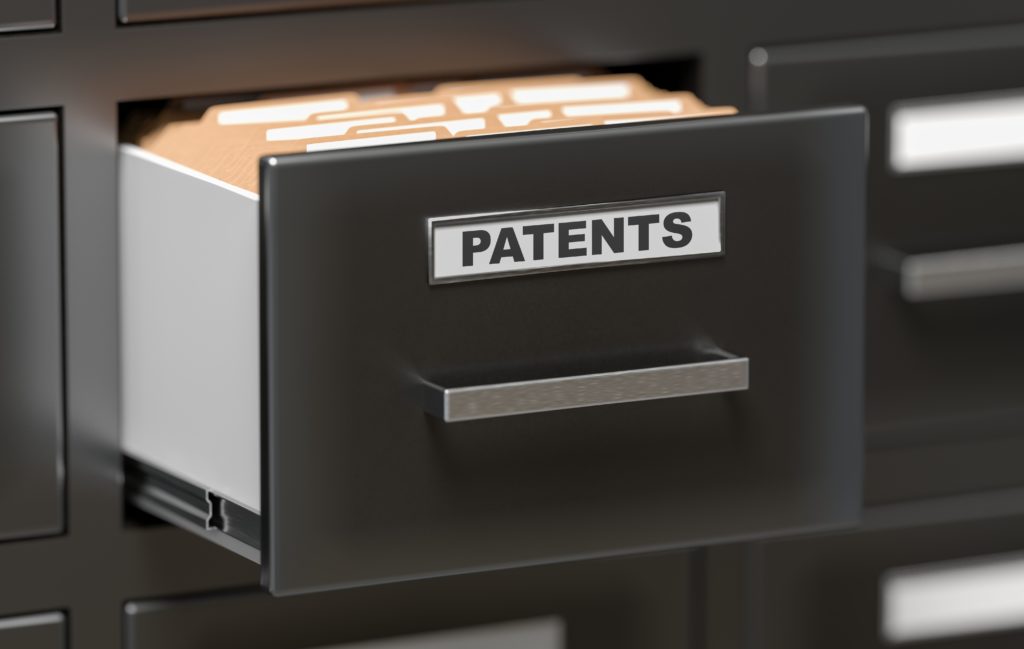As prescribed by Article I of the Constitution, the U.S. Congress has passed laws to allow inventors to secure an exclusive right to their inventions for a limited time. The patent laws provide the framework for the rules and regulations used by the U.S. Patent and Trademark Office (USPTO) and federal courts to govern the granting, transference, and expiration or invalidation of patents in the U.S. Similarly, most foreign nations also have a patent system, and there is also as an international patent application regime under the Patent Convention Treaty (PCT) which includes well over one hundred different countries besides the U.S.
So, under U.S. patent law, just how long do U.S. patents last? The answer to that depends on the type of patent you wish to obtain.
How Long Do Patents Last?
Contrary to what many aspiring inventors may hope, patents on new inventions do not last forever. The longest term for any type of patent granted by the USPTO, the authority designated to issue patents in the U.S., is 20 years from the date on which an inventor files a patent application for his or invention.
More specifically, the USPTO grants three distinct types of patents: utility patents, design patents, and plant patents. Utility patents protect new and non-obvious products, machines, compositions of matter (such as chemical compounds), and processes. With utility patents, it is possible to protect a new product, itself, as well as how the product is made or used. Design patents can protect the ornamental (i.e., non-functional) appearance of a new product, or some portion thereof. Finally, plant patents protect new plant varieties which are reproduced asexually.
- Utility patents that were filed before June 8, 1995 were generally granted for 20 years from the date that the patent application was filed, or 17 years from date of issuance, whichever period was longer
- Utility patents filed after June 8, 1995 are generally granted for a term of 20 years from the date of filing
- Design patents are granted for 15 years from date of issuance (14 years prior to May 13, 2015)
- Plant patents are granted for 17 years from issuance
Under U.S. patent law, there are certain conditions under which the term of an issued patent may be extended beyond its normal term – for instance for delays by the USPTO during the examination of utility patents, or in cases where regulatory review by some other government agency prevents the inventor from marketing the invention.
Are There Any Ongoing Fees That Need To Be Paid?
Regular fees that are required to maintain a patent are referred to as maintenance fees, and must be paid at regular intervals in order to keep a utility patent enforceable. No maintenance fees are required for design or plant patents.
Maintenance fees for utility patents must be paid at 3 ½, 7 ½, and 11 ½ years after the issuance of the patent. Design patents and plant patents are not subject to maintenance fees. While these fees may seem onerous, most foreign patent offices require annual fees (called annuities) to be paid every year of a patent’s term – including each year between when the patent was applied for and when it was actually granted.
Can Patents Be Renewed?
No, patents cannot be renewed. Once a term of patent expires, or the patent is invalidated via USPTO or judicial review, it will enter the public domain, meaning that the invention the patent describes will be free for use by anyone, without specific permission from the inventor or owner of the original patent. However, before or after a patent enters the public domain, subsequent developments or improvements to the original invention may also be patented.
Can Patents Be Sold?
Like copyrights and trademarks, patents are considered assets, and may be bought, sold, or reassigned at will according to the patent owner. This is a critical area of patent law, since modern businesses and corporations are often the owners of multiple valuable patents as part of their portfolio of intellectual property. Corporate mergers & acquisitions must take into consideration any patents owned by the companies under negotiation.
Patents may also have multiple owners, which grant each owner equal ability to use or exploit the invention described, no matter the size of their share in the patent. Additionally, patent owners may license their patent to other companies or individuals, collecting a fee to allow the patent to be used however the licensee sees fit.
When Can a Patent Be Invalidated?
In general, there are two situations under which a patent might be invalidated before its term ends (or before it expires for non-payment of maintenance fees):
- If all of the patent claims are deemed to be invalid in an administrative proceeding at the USPTO, such as reexamination, post grant review or inter partes review.
- If all of the patent claims are deemed to be invalid or unenforceable in a civil action brought in the federal courts.
Schedule a Consultation with a Patent Attorney
If you have questions about patenting your invention, the assignment, transfer, or licensing of a patent, or issues related to the infringement or challenging of a patent, our team of registered patent attorneys has the knowledge and experience to help you stay informed and protected. We offer comprehensive patent acquisition, counseling, and litigation services for everyone from major brands to individual investors, including patent drafting and prosecution, portfolio development, and global patent protection in foreign jurisdictions.
Contact us today to schedule a consultation, or to find out more about how our intellectual property attorneys can help you safeguard your valuable patents, trademarks, and copyrights.
Share This

